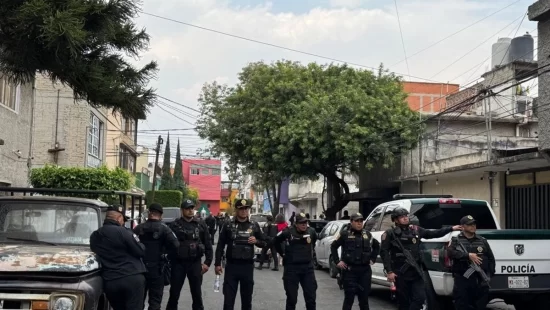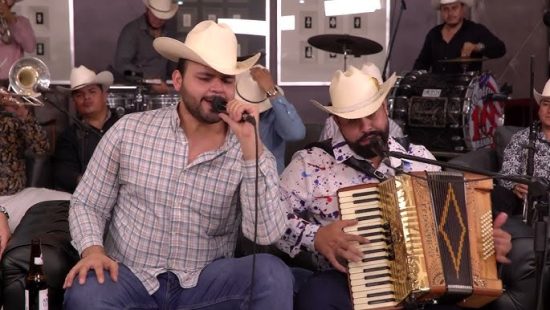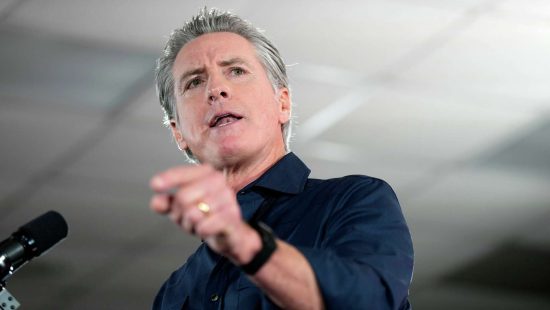We all know that as long as there are super-rich people, there will be super-poor people. If some people have many things, others will lack even the most basic ones. That’s where the message of the promotoras and Clínica Romero reaches
For Aquiles Magaña, the role of the group of community health workers (known as promotoras) in the social work carried out by Clínica Romero is fundamental. They are the component that complements the services provided by the administration and medical team at the clinic.
“The promotoras are the connection to the community. They go out into the streets, face difficult situations, offer options to the community, and serve as the link between the clinic and the people,” says Magaña, Director of Outreach and Community Development at Clínica Romero.
Currently, the team of promotoras consists of 18 people, all deeply connected to the service-oriented work inspired by the example of Monseñor Óscar Arnulfo Romero.
“Our department’s role goes beyond just delivering information to the community. That’s only one part of it. The promotoras share information about our services, refer people to other places if the clinic doesn’t offer what they need, and organize activities to show and share the clinic’s appreciation for the community. For example, they organize baby showers for expectant mothers, we give them small gift baskets, hold raffles, hand out gift cards, food packages, and host children’s events. Our activities are very complete. We manage all of this with an annual calendar,” he says.
All of this defines how the clinic operates.
Magaña was part of the wave of Salvadorans who arrived in Los Angeles in the early 1980s due to the civil war in his home country. Salvadorans began gathering on the corners of Wilshire and Alvarado, where they discussed everything, but most importantly, the needs of the newly arrived immigrant groups.
“That’s where organizations like El Rescate and CARECEN were born, and undoubtedly the greatest achievement—when the need for healthcare was identified—was the creation of Clínica Romero, inspired by the most universal Salvadoran of all, Monseñor Romero,” he adds.
The work they have carried out over the years has turned the clinic into a symbol within the community. Monseñor Romero, who was canonized on October 14, 2018, dedicated his life to serving the voiceless and the most impoverished communities in El Salvador.
“Our promotoras also engage in advocacy; they support just causes that will benefit the community. They’re like the mail service—rain or shine, the message must get to the people, to our community,” Magaña says.
A significant part of the increase in patients served by the clinic has been due to the work of the promotoras, Aquiles adds.
“They are very intelligent. Often, they go out to provide services and face problems that they themselves may also suffer from. Their work carries a heavy emotional burden, so they attend courses we provide. We teach them how to identify a patient in need and how to take the next steps. When they go out into the community, they bring a message of hope and relief, just as Monseñor Romero did and taught us,” he adds.
Magaña was part of the wave of Salvadorans who arrived in Los Angeles in the early 1980s due to the civil war in his home country. Salvadorans began gathering on the corners of Wilshire and Alvarado, where they discussed everything, but most importantly, the needs of the newly arrived immigrant groups.
According to Aquiles, there are three important dates each year to remember Monsignor Romero: March 24, the day he was assassinated while celebrating Mass—an act that made him a martyr and a symbol of the fight for human rights in El Salvador and around the world; August 15, his birthday, “because we should not only celebrate his death, but also his life”; and October 14, the date of his canonization.
“His message is and always will be relevant,” says Aquiles. “It is prophetic; it’s part of human conscience. We all know that as long as there are super-rich people, there will be super-poor people. If some people have many things, others will lack even the most basic ones. That’s where the message of the promotoras and Clínica Romero reaches. We are in the community, with the community, and we are the hope that everyone needs. That’s the philosophy of service that Monseñor Romero taught us and that continues to guide us,” he adds.
This year, the clinic will not hold its traditional public event. Instead, they will have altars in each of their six clinic locations across San Fernando and Los Angeles.
“The life of Monseñor Romero is a story of martyrdom and redemption. It’s a story that should be remembered every day through our work inside and outside the clinic, always with and within the community,” he concludes.
Quotes to Celebrate the Life and Voice of Oscar Romero:
-“There are many things that can only be seen through eyes that have cried”
-“I don’t want to be an anti, against anybody. I simply want to be the builder of a great affirmation: the affirmation of God, who loves us and who wants to save us.”
-“Let us not forget: we are a pilgrim church, subject to misunderstanding, to persecution, but a church that walks serene, because it bears the force of love.”
-“PEACE is generosity. It is right and it is duty.”
-By contrast, whoever out of love for God gives oneself to the service of others will live, like the grain of wheat that dies, but only apparently… Only in undoing itself does it produce the harvest.
CONTACT:








